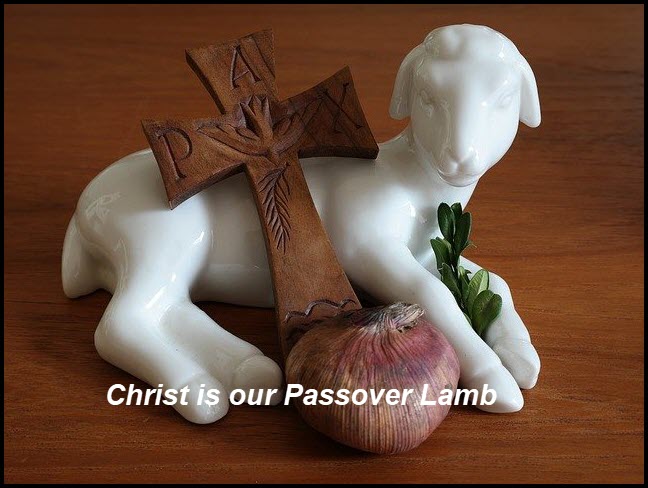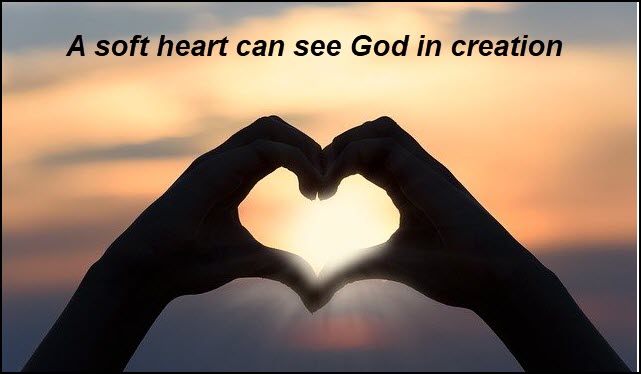God is Patient
Exodus 12-15 Short Memories We remember in Exodus 5:2, Pharaoh had said, “Who is the Lord that I should obey him by releasing Israel? I do not know the Lord, and I will not release Israel!” After ten plagues, you would have thought he would now know the true God, but Pharaoh is stubborn and […]





